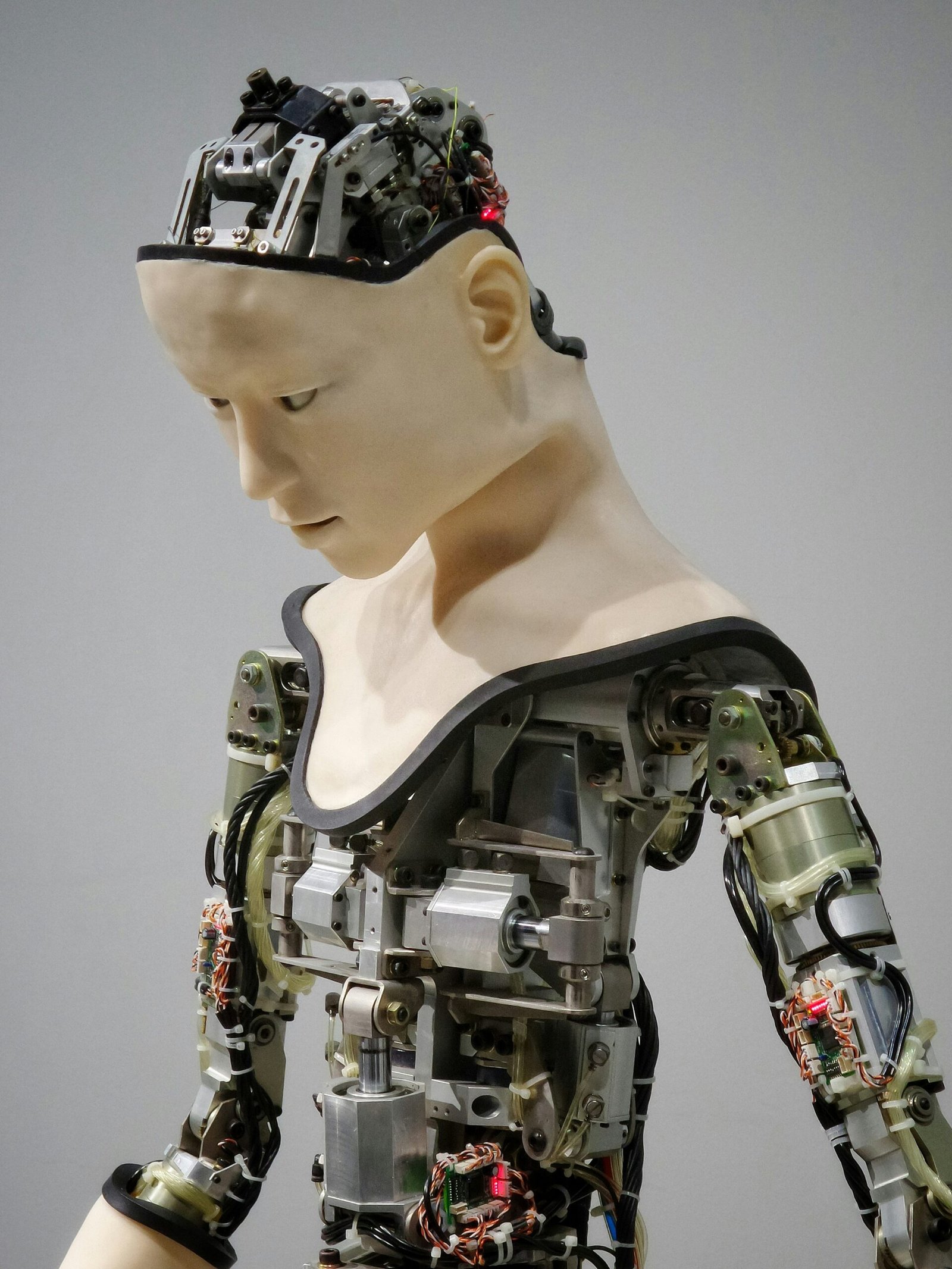AI in Healthcare: A Revolution in the Making

Artificial Intelligence (AI) is rapidly transforming the healthcare landscape, promising to revolutionize how diseases are diagnosed, drugs are developed, and patient care is delivered. This article delves into the recent advancements in AI within these critical areas, exploring its potential to improve patient outcomes, reduce costs, and enhance the overall efficiency of healthcare systems.
AI in Medical Diagnosis: A New Era of Precision
AI is proving to be a game-changer in medical diagnosis, enabling earlier and more accurate detection of diseases.
Image Analysis and Computer Vision
- Radiology: AI algorithms are excelling in analyzing medical images like X-rays, CT scans, and MRIs to identify abnormalities with unprecedented precision. This can lead to earlier detection of cancers, cardiovascular diseases, and other critical conditions.
- Pathology: AI-powered image analysis is assisting pathologists in examining tissue samples, accelerating diagnosis and reducing errors.
Predictive Analytics
- Disease Prediction: By analyzing vast amounts of patient data, AI can identify patterns and predict the likelihood of developing certain diseases, enabling proactive interventions.
- Risk Assessment: AI models can assess individual patient risk factors for various conditions, helping healthcare providers tailor prevention and treatment strategies.
Clinical Decision Support Systems
- Diagnosis Support: AI-powered systems can provide physicians with evidence-based recommendations, aiding in complex diagnostic challenges.
- Treatment Optimization: AI can analyze patient data to suggest optimal treatment plans, improving patient outcomes and reducing adverse events.
AI in Drug Discovery: Accelerating the Development Pipeline
Drug discovery is a time-consuming and expensive process. AI is accelerating this process by identifying potential drug candidates, optimizing drug design, and predicting drug efficacy and safety.
Drug Discovery and Development
- Target Identification: AI can analyze biological data to identify promising drug targets, accelerating the initial stages of drug discovery.
- Virtual Screening: AI-powered virtual screening can rapidly evaluate vast libraries of compounds to identify potential drug candidates.
- Drug Design: AI can optimize drug molecules for efficacy, safety, and manufacturability, leading to the development of more effective and safer drugs.
Clinical Trials
- Patient Recruitment: AI can identify eligible patients for clinical trials more efficiently, accelerating recruitment and improving trial diversity.
- Trial Design: AI can optimize trial design by identifying optimal patient populations and treatment regimens.
- Data Analysis: AI can analyze complex clinical trial data to extract valuable insights and accelerate drug approval.
AI in Patient Care: Enhancing the Patient Experience
AI is transforming patient care by providing personalized support, improving access to healthcare, and optimizing operational efficiency.
Personalized Medicine
- Precision Medicine: AI can analyze patient data to identify genetic and environmental factors influencing disease risk and treatment response, enabling personalized treatment plans.
- Predictive Analytics: By predicting patient needs, AI can enable proactive care management and prevent disease progression.
Remote Patient Monitoring
- Wearable Devices: AI-powered wearable devices can monitor patient vital signs and detect early signs of deterioration, allowing for timely interventions.
- Telemedicine: AI-enabled telemedicine platforms can provide remote consultations, increasing access to care, especially in underserved areas.
Administrative Tasks
- Automation: AI can automate routine administrative tasks, such as appointment scheduling and medical records management, freeing up healthcare professionals to focus on patient care.
- Chatbots: AI-powered chatbots can provide patients with information, answer questions, and offer support, improving patient satisfaction.
Challenges and Ethical Considerations
While AI holds immense promise for healthcare, it also presents challenges and ethical considerations.
- Data Privacy and Security: Protecting patient data is paramount. Robust data privacy and security measures must be in place to prevent breaches.
- Bias and Fairness: AI algorithms can perpetuate biases present in training data, leading to inequitable outcomes. It is essential to develop unbiased models and ensure fair access to AI-powered healthcare.
- Human-AI Collaboration: AI should be seen as a tool to augment human expertise, not replace it. Effective collaboration between humans and AI is crucial.
- Regulatory Framework: Clear regulations and standards are needed to govern the development and deployment of AI in healthcare.
Conclusion
AI is poised to revolutionize healthcare by improving diagnosis, accelerating drug discovery, and enhancing patient care. While challenges and ethical considerations must be addressed, the potential benefits of AI in healthcare are immense. As AI technology continues to advance, we can anticipate even more groundbreaking applications that will shape the future of medicine.
Note: This is a comprehensive overview of AI in healthcare. You can expand on specific areas, delve deeper into case studies, and incorporate the latest research findings to create an even more in-depth blog post.






